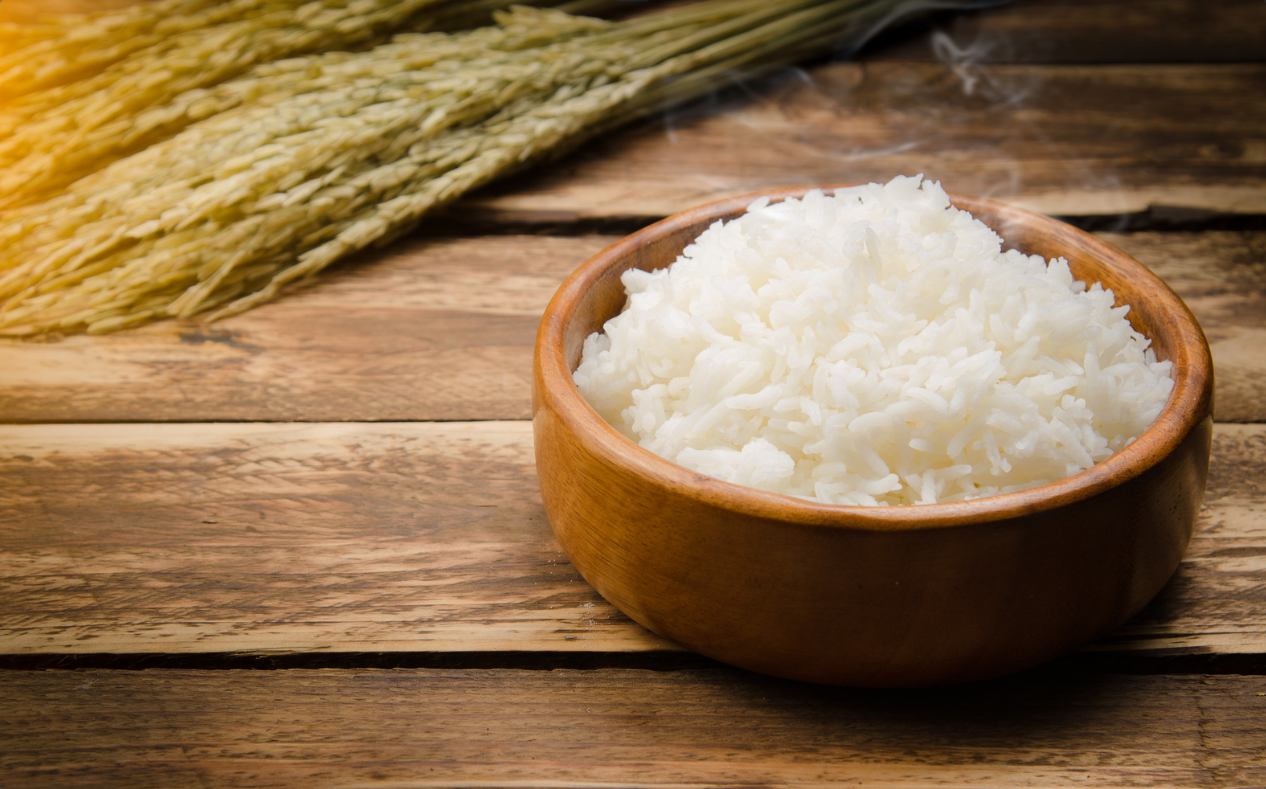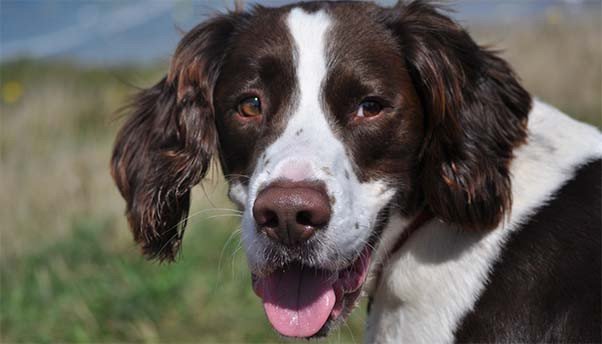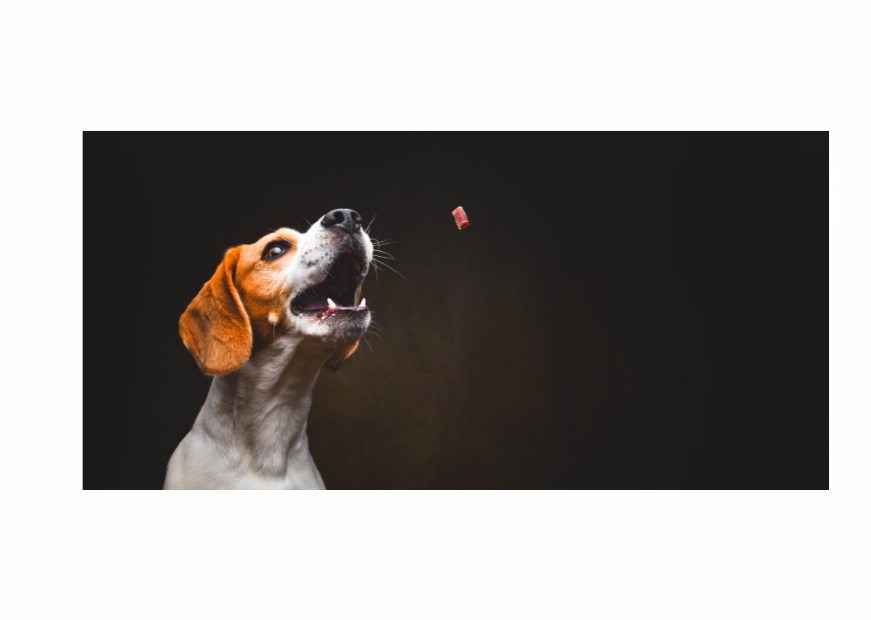Is Rice Good For Dogs?

Is Rice good for dogs?
For many years rice has made up part of a canine guardian's go-to diet for dogs with sickness or digestive imbalances. However, this choice is not based on nutritional science, and is actually a misunderstanding of what matters at those sensitive times.
Being economical to buy, and quite a common household item, it can also be tempting to add rice to a fresh food diet and is indeed included in many dry processed dog foods. Here we explain why the choice of rice could be contributing to issues, rather than offering a solution to them.
Is Rice nutritious?
The fact is, rice, especially white rice, holds virtually zero nutrient content. Even brown or wild varieties, with their useful B vitamins, would be outplayed by any meat in the dog’s diet in terms of the B vitamins and possible magnesium it could offer pound for pound.
Rice, and more so brown rice, also contain an anti-nutrient known as Phytic Acid. This compound actually competes for cellular space with many vital nutrients, reducing your dog’s absorption of needed nutrition. This is recognised and written in the official canine feeding guidelines set out by vets and the EU.
To provide a balanced fresh and raw food diet with the needed volume of nutrients, rice needs to be avoided. It contributes very little and compromises quite a lot!
Why is Rice in so many dog foods?
Within processed foods it is included simply as a filler. It was included in the original ‘hypoallergenic’ pet foods as, at the time of their emergence, it was used less in comparison to wheat. Nowadays rice is much more common, and wheat is rarely used.
Is Rice truly bland?
Feed plain cooked chicken by all means, but there is nothing bland about rice, except that it doesn’t contain spices – but then does any dog food?
If your dog has repetitive digestive concerns, or perhaps what you may describe as hunger pukes, there is much you can do to support these situations and ailments with a fresh, wholefood diet.
While we feel fresh cooked chicken is better for a poorly dog, we all know deep down that fresh, wholefood is more nutritious and healing.
For the poorly dog, initially adult dogs are safe to be fasted for 24hrs, perhaps even 48hrs. This allows vital microbiome balancing to occur. Lightly cooked meats can be fed, but never feed cooked pet minces that contain bone. Always ensure that your poorly dog still has fresh water available.
If hunger-pukes are an issue, please do chat to our team who can provide invaluable advice to support your dog.
We can also help with advice on nutrition for canine digestive issues of any concern, whether or not you become, or already are, a customer of The Farmer’s Dog. Do give our nutrition team a call.













